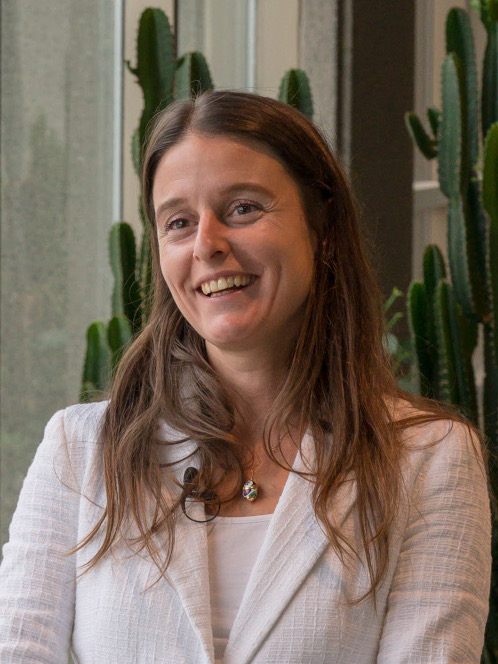Fiche publication
- Date de publication : 2018-11-11
Référence
Héneault-Éthier, L., Marquis, D., Le François, N. R., Labelle, S. R., Fournier, M., Lucas, E., Nromandin, E., Ikeda, S., Deschamps, M.-H. & Vandenberg, G. W. (2018, November 11th) Identifying pathways for sustainable mealworm farming in cities by upcycling mushroom production waste in a circular economy urban agriculture network [Conference presentation]. Entomology 2018, Vancouver, Canada. https://esa.confex.com/esa/2018/meetingapp.cgi/Paper/135859
Résumé
A Montreal farm growing grey-oyster on locally sourced substrates – coffee and beer transformation by-products – seeks to push its circular economy concept further by upcycling spent mushroom substrate (SMS). We hypothesized that SMS could partially replace the staple wheat bran diet of mealworms (Tenebrio molitor) and that frass (dejections, exuviae and substrate) may have a better fertilizing value than fresh SMS. Compared mushroom pre-production growth substrate, SMS improved larval growth. In three following growth trials (5 replicates, 23°C), control diet (100% wheat bran) was substituted with increasing contents of SMS (20, 40, 60, 80 and 100%). Despite an initial growth benefits in treatments with 20 and 40% SMS (10 larvae in 500 mL containers), more SMS declined growth performance after 10 weeks, suggesting only partial substitution of wheat bran was possible. In larger scale experiments (150 larvae in 7.5 L containers), SMS substitution benefits on larval weight vanished after 10 weeks. Using dehydrated and pulverized (≤2 mm) SMS in the final experiment (1200 larvae in 12 L containers), it was determined that the initial SMS moisture (57%) of earlier experiments had driven the improved growth. Nevertheless, SMS substitution increased the Ca:P ratio of the substrate and larvae compared to controls. Frass had a higher fertilisation value (Ntot, P205, K20, Mg, Mn, Fe) and stability (C/N ratio) compared to fresh SMS. Our preliminary results suggest that mealworms can effectively upcycle SMS, improving both mealworm nutritional benefits for aquaculture feed and yielding a fertile soil conditioner with frass for urban agriculture.

